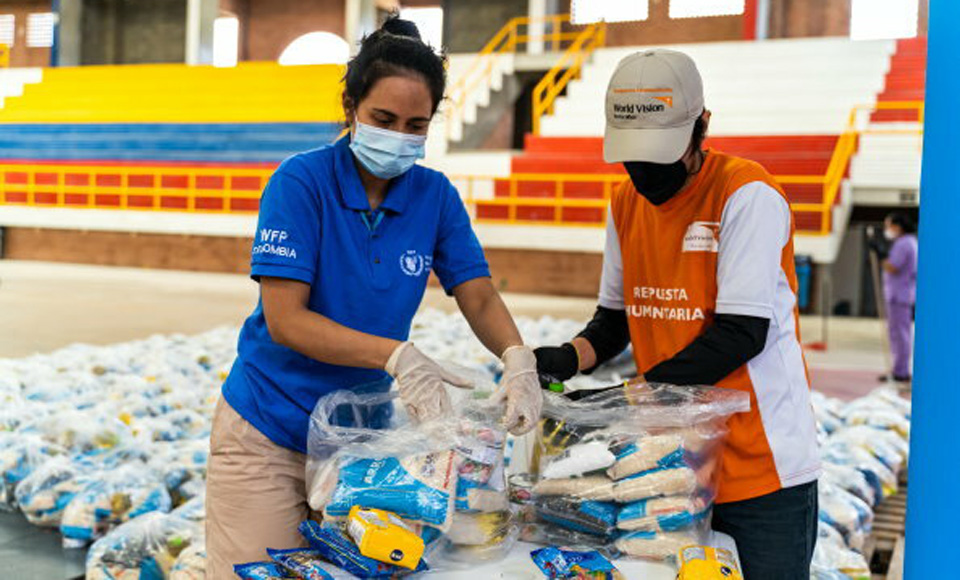
SANTIAGO, June 7 (NNN-AGENCIES) — A sharp economic slowdown and rising inflation threatens to swell the ranks of food insecure people in Latin America and the Caribbean by nearly eight million, a UN body said.
Poverty will increase in 2022, with average annual economic growth of 1.8 percent following on 6.3 percent registered last year, the UN Economic Commission for Latin America and the Caribbean (ECLAC) said in a report.
The commission had earlier forecast growth of 2.1 percent for the region in 2022, but adjusted the figure downward due to the inflationary effects of Russia’s war on Ukraine.
“The region confronts domestic contexts marked by a sharp economic slowdown, rising inflation and a slow and incomplete recovery of labor markets, which will increase poverty and extreme poverty levels,” it said.
“As a result, 7.8 million people are forecast to join the 86.4 million others whose food security is already at risk.”
The commission said annual inflation rose to 8.1 percent in April from 6.6 percent by the end of 2021, and was forecast to remain high.
Combining the effects of slow growth and fast inflation, especially food inflation, levels of poverty and extreme poverty will rise, said the ECLAC.
“The incidence of regional poverty is seen reaching 33.7 percent (1.6 percentage points above the value projected for 2021), while extreme poverty is seen rising to 14.9 percent (1.1 percentage points more than in 2021).”
“These levels are markedly higher than those seen before the pandemic and entail another setback in the fight against poverty.”
The commission urged the adoption of monetary policy that will limit inflation, as well as a focus on food security.
“International trade in food and fertilizers should not be restricted since doing so would accelerate inflation and hurt those who are poorest,” it said.
“Officials must also consider measures such as maintaining or increasing food subsidies, implementing agreements with producers and marketing chains to contain prices of items in the basic food basket, and reducing or eliminating tariffs on imports of grains and other basic products.” — NNN-AGENCIES











